Tips For Getting The Most Out Of Your Bulk SMS API
Bulk SMS API is a communication system that allows for the integration of SMS services into different software applications, websites, or systems.
It enables businesses to send automated text messages to a large number of recipients simultaneously.
Maximizing the potential of Bulk SMS API is crucial for businesses as it offers numerous benefits, including efficient communication with customers, reaching a wider audience, and enhancing marketing strategies.
By using the capabilities of Bulk SMS API, businesses can streamline their communication processes and effectively engage with their target audience, leading to improved customer satisfaction and higher conversion rates.
Tips For Getting The Most Out Of Your Bulk SMS API
Still, struggling with Bulk SMS API? Come on let’s get started with bulk SMS API seamlessly. Here are some tips that will help:
1. Choosing the Right Bulk SMS API Provider
When selecting a bulk SMS API provider, it’s crucial to conduct thorough research. Look into various providers to compare their offerings in terms of pricing, reliability, customer support, and features.
Additionally, check for the availability of additional features such as two-factor authentication, message templates, and integration with other platforms.
Fast2SMS bulk SMS API provider is leading in India with pocket-friendly pricing, reliability, and excellent customer support.
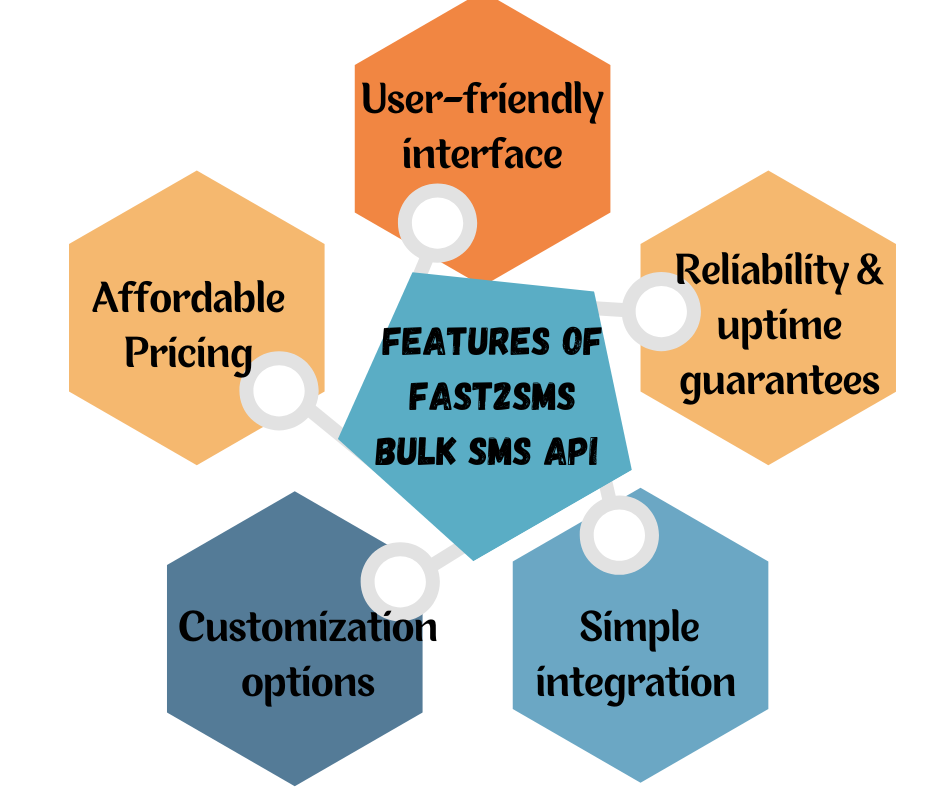
2. Optimizing Message Content and Format
Crafting effective messages is essential for successful SMS campaigns. Focus on creating concise and compelling content with a clear call to action.
Pay attention to the formatting of your messages, ensuring that they are optimized for mobile devices to enhance readability.
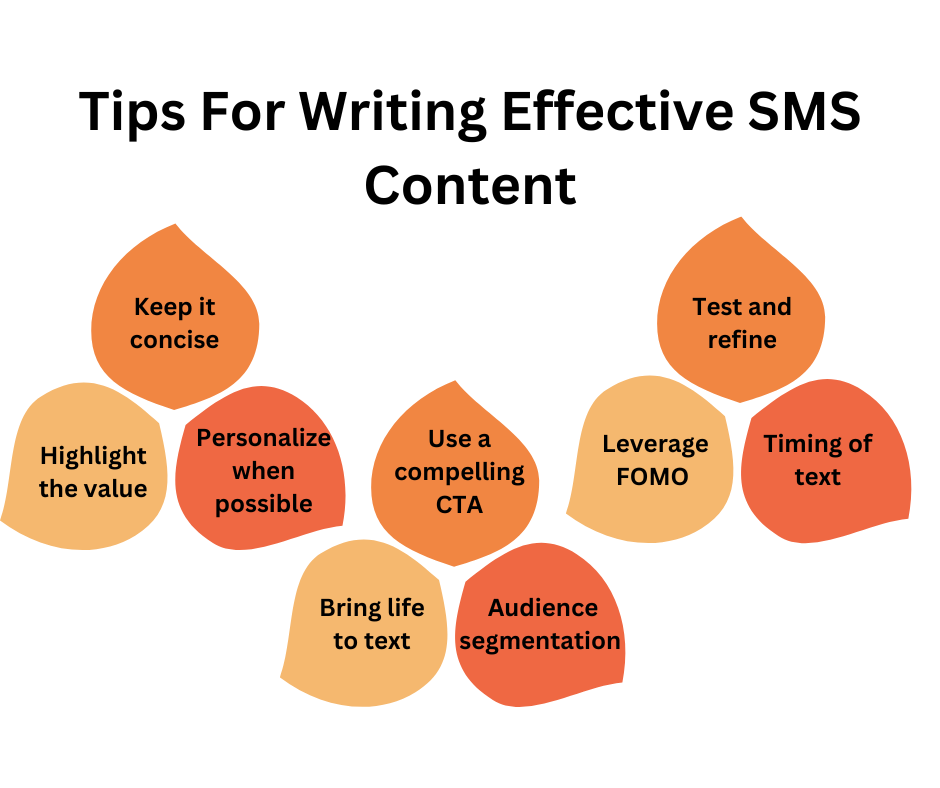
Test different message lengths, as well as the use of emojis and links, to determine the most impactful format for your audience.
3. Segmenting Your Audience
Segmenting your audience allows for more targeted and personalized messaging. Consider dividing your audience into specific segments based on factors such as demographics, behavior, or previous interactions.
This segmentation enables you to tailor your messages to resonate with each segment, increasing the likelihood of engagement and response.
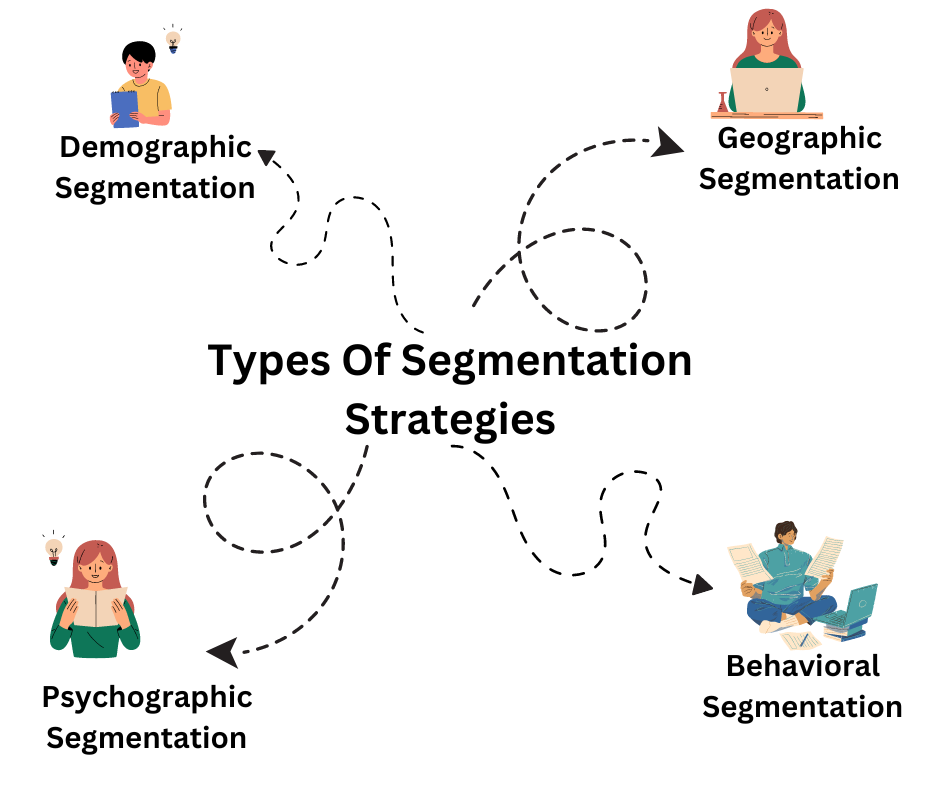
4. Personalizing Messages
Utilize merge tags and dynamic content to personalize each message with recipients’ names or other relevant information.
Personalization can significantly improve engagement and response rates. Additionally, consider personalizing messages based on previous interactions or purchase history to enhance the relevance of your communications.
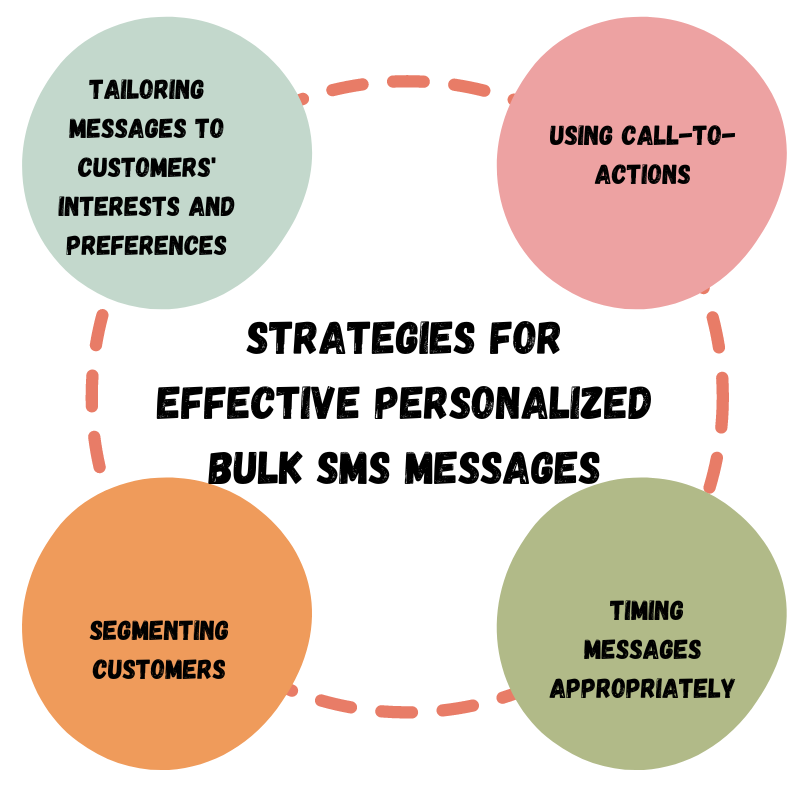
5. Timing and Scheduling of Messages
Timing is crucial for the success of your SMS campaigns. Consider your audience’s time zones and preferences when scheduling bulk SMS messages to optimize open and response rates.
Use insights from analytics to determine the most effective times for contacting different segments of your audience.
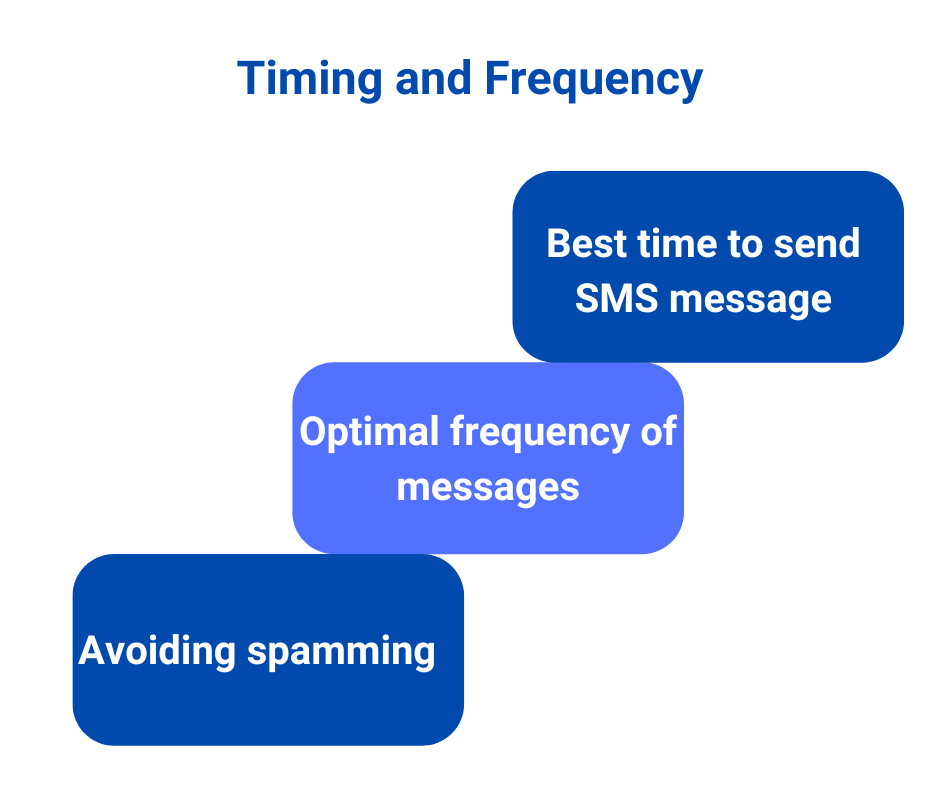
6. Tracking and Analyzing Results
After sending out your SMS campaigns, utilize analytics tools provided by your SMS API provider to monitor delivery rates, open rates, click-through rates, and other key performance indicators.
Use this data to generate insights that inform future messaging strategies and optimizations.
Analyze the results to understand which messages resonate best with your audience and make data-driven decisions to improve your future campaigns.
![]()

